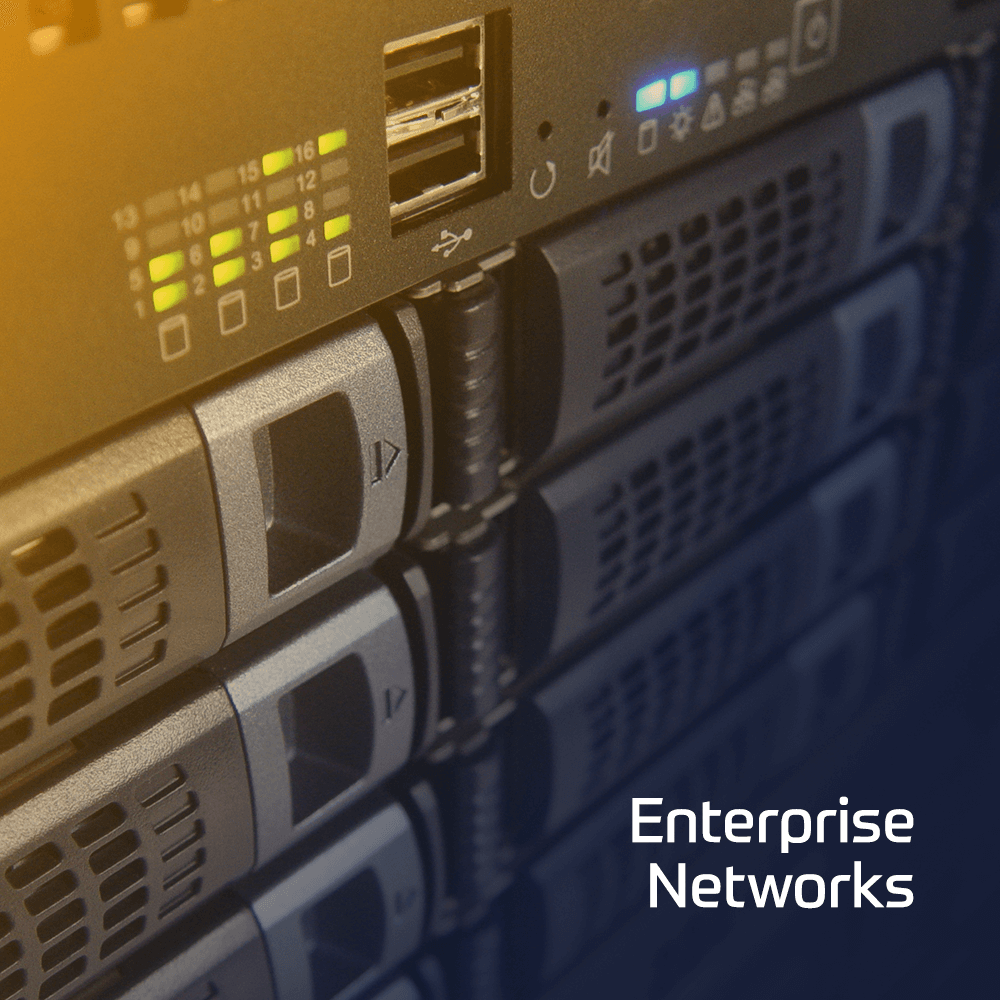The CUCDM 8.x (VCUCDM8E) VOSS Engineer training course runs over 5 days and is delivered in partnership with Voss. The first 3 days of the course follow the VOSS Administer training syllabus. The final 2 days provide a much deeper dive into the network elements, additional system functions and back-end tools.

 Finland
Finland Germany
Germany Denmark
Denmark Sweden
Sweden Italy
Italy Netherlands
Netherlands Norway
Norway 


























 Duration
Duration  Delivery
Delivery  Price
Price